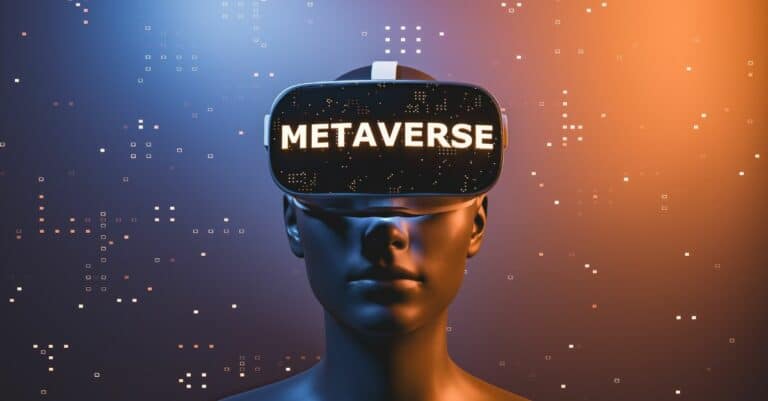According to the Financial Times, Meta Platforms is reportedly engaging in discussions with Magic Leap for a possible long-term collaboration. This prospective partnership, aimed at furthering Meta’s metaverse objectives, could incorporate intellectual property licensing and contract manufacturing within North America. Despite this, no co-produced headset is anticipated. However, Magic Leap’s proficiency in waveguide technology is seen as an asset.
Although highly valued, Magic Leap’s waveguide technology has attracted some criticism. One of the main drawbacks pointed out is the limited field of view (FOV) in Magic Leap’s AR headsets. The FOV delivered by these devices is reported to be narrower than some other AR solutions, yielding a confined perspective and a less absorbing user experience.
Concerns have also been raised regarding the image quality generated by Magic Leap’s waveguide tech. Users have observed issues with image lucidity, pointing out a deficiency in sharpness and color vibrancy. This can tarnish the overall visual appeal and compromise the authenticity of the virtual content superimposed on the physical world. Additionally, the intricate manufacturing process and expenses linked to Magic Leap’s waveguide technology have been identified as obstacles.
Meta’s interest in this partnership coincides with Apple’s impending release of its own mixed reality apparatus. Despite facing investor discontent over its metaverse venture, Meta continues to funnel resources into this project. The potential association with Magic Leap also supports Meta’s intent to minimize dependence on Chinese manufacturing.
After experiencing lackluster consumer sales, Magic Leap has pivoted its focus toward enterprise applications. Meta holds a commanding position in the VR/AR headset market, a feat achieved at the cost of escalating losses in its Reality Labs division.































